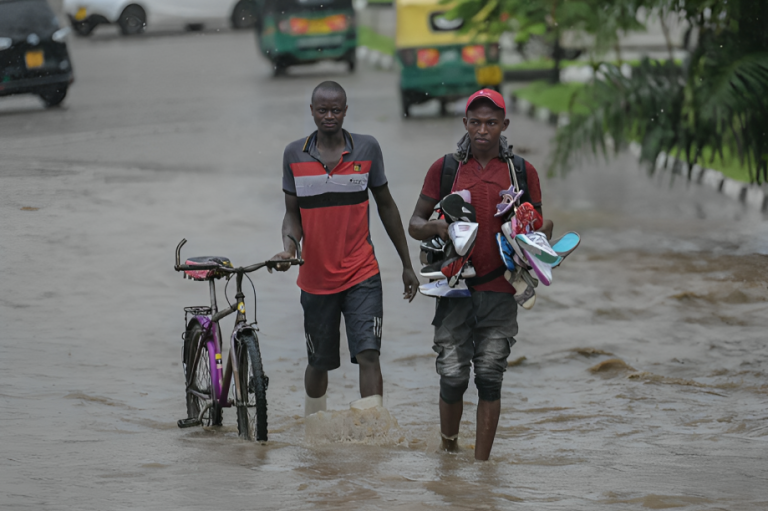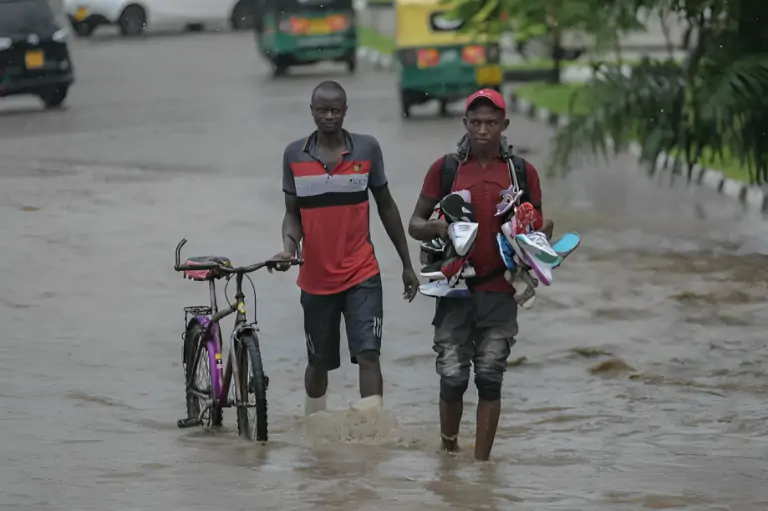

east africa floods compound humanitarian crisis urgent call for assistance
The International Rescue Committee (IRC) issues a stark warning, highlighting the devastating impact of extreme flooding in East Africa, exacerbating an already fragile humanitarian situation and leaving millions in urgent need of assistance. Shashwat Saraf, East Africa Emergency Director at the IRC, sheds light on the dire crisis gripping vulnerable communities.
Prior to the floods, East Africa grappled with approximately 15 million people facing severe food shortages due to prolonged droughts in Somalia, Ethiopia, and Kenya. Five consecutive failed rains resulted in widespread displacement, compounding existing food insecurity.
The recent floods have further affected an additional 3.1 million people across the region, with Somalia bearing a significant burden. Widespread flooding has impacted communities in Somalia, Ethiopia, and Kenya, directly affecting 1.7 million individuals in Somalia alone.
Over 1.5 million hectares of land submerged in Somalia due to flooding exacerbate agricultural challenges, leading to heightened food insecurity and significant losses in agricultural production. The rise in vector-borne diseases and emerging health risks threaten livestock, a crucial source of income for many.
The floods have triggered a humanitarian crisis, demanding urgent attention and assistance from authorities. Humanitarian organizations are mobilizing resources to aid affected communities, focusing efforts on areas like Beledweyne in central Somalia, severely impacted along the Shabelle River.
IRC, alongside other organizations, emphasizes the critical need for a comprehensive response addressing immediate needs such as healthcare, clean water, and shelter. Equally essential are long-term strategies aimed at community reconstruction, agricultural revival, and mitigating future climate-related disasters.
Deputy Minister Bernice Swarts oversees South Africa's 10 million tree cover expansion project spanning five years from her office as…
Thousands of runners return this weekend to complete the Totalsports Two Oceans Marathon in Cape Town while creating traffic problems…
Through their joint venture with Nvidia, Cassava Technologies creates the first African AI production facility to help local inventors. Cassava…
On Friday, South Africa's government leaders warned that President Trump's wide trade tariff policies have zeroed out Africa's AGOA benefits.…
The Gujarat Titans (GT) team confirmed Thursday that fast bowler Kagiso Rabada is taking an early IPL 2025 exit to…
The International Finance Corporation gives Raxio Group $100 million to accelerate their data center building efforts throughout Sub-Saharan African regions.…
This website uses cookies.